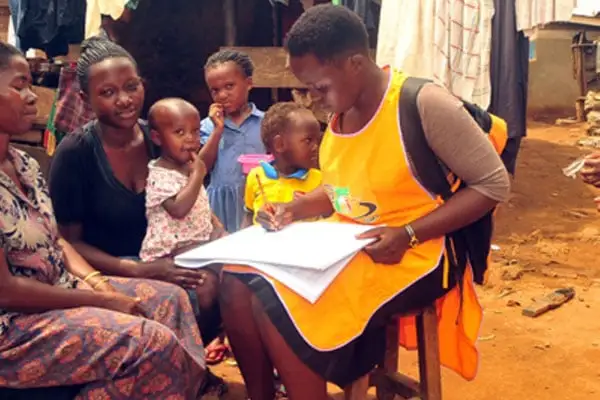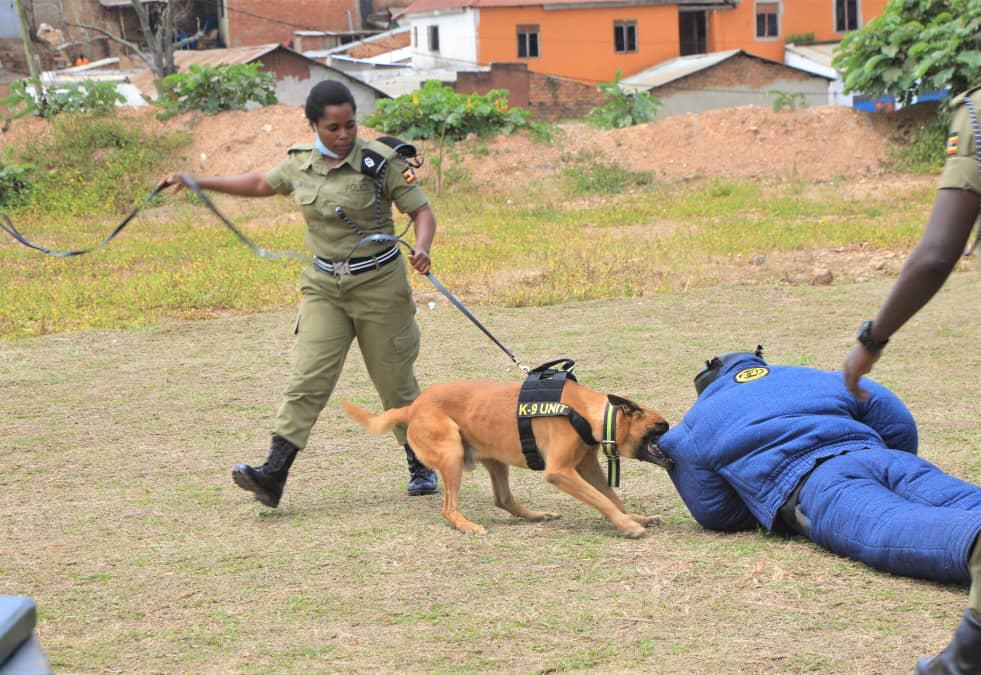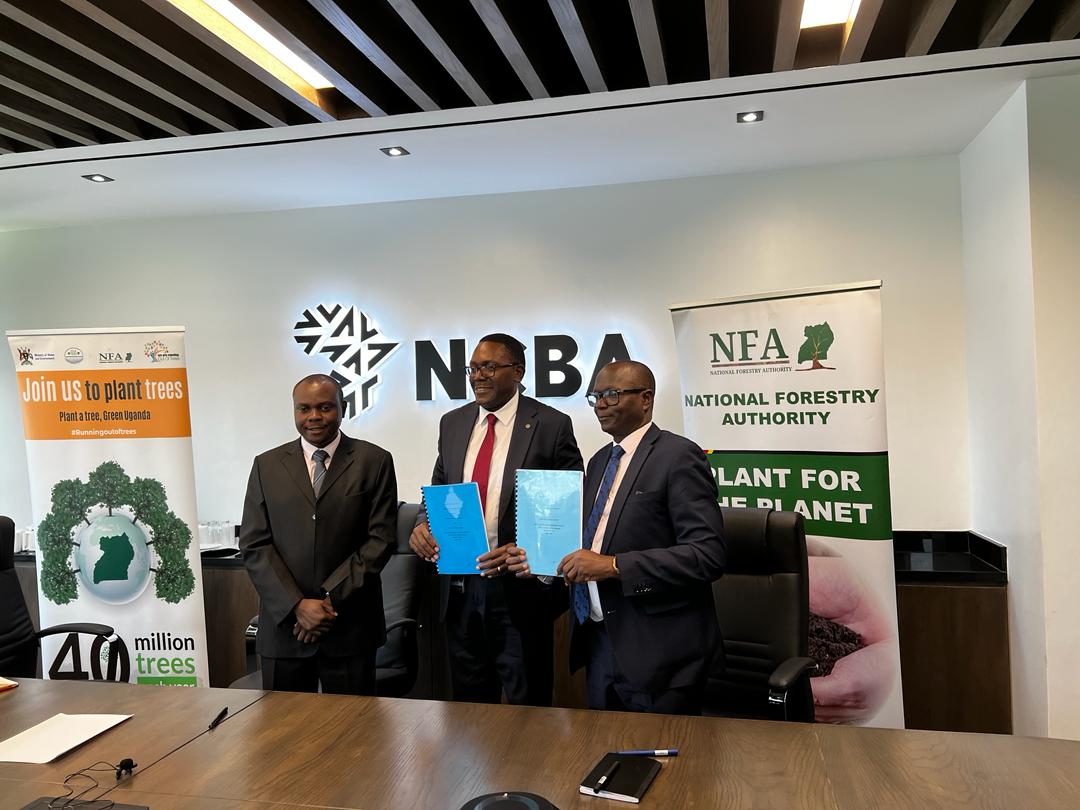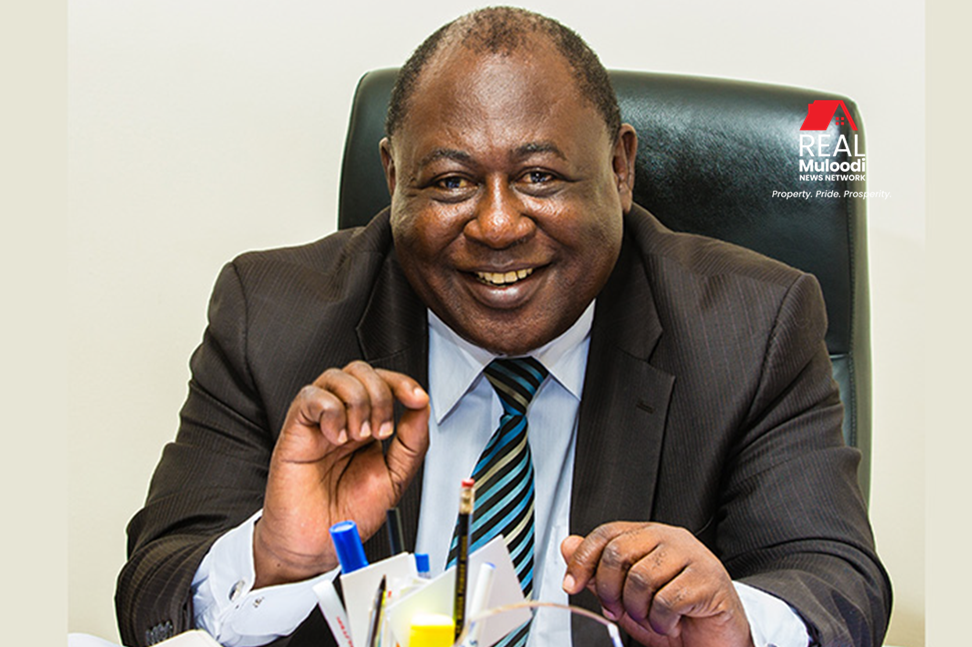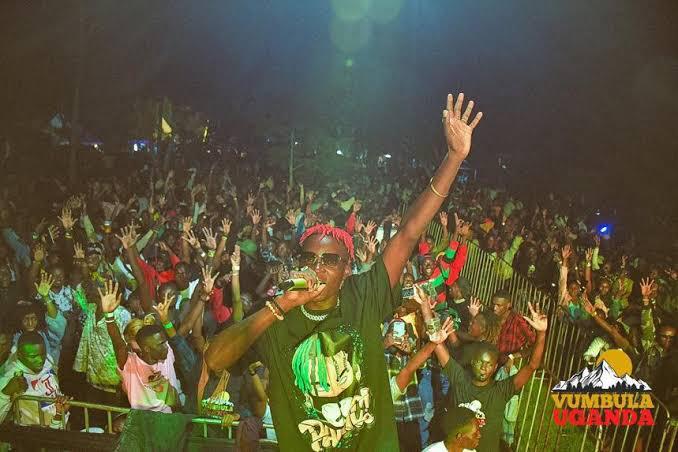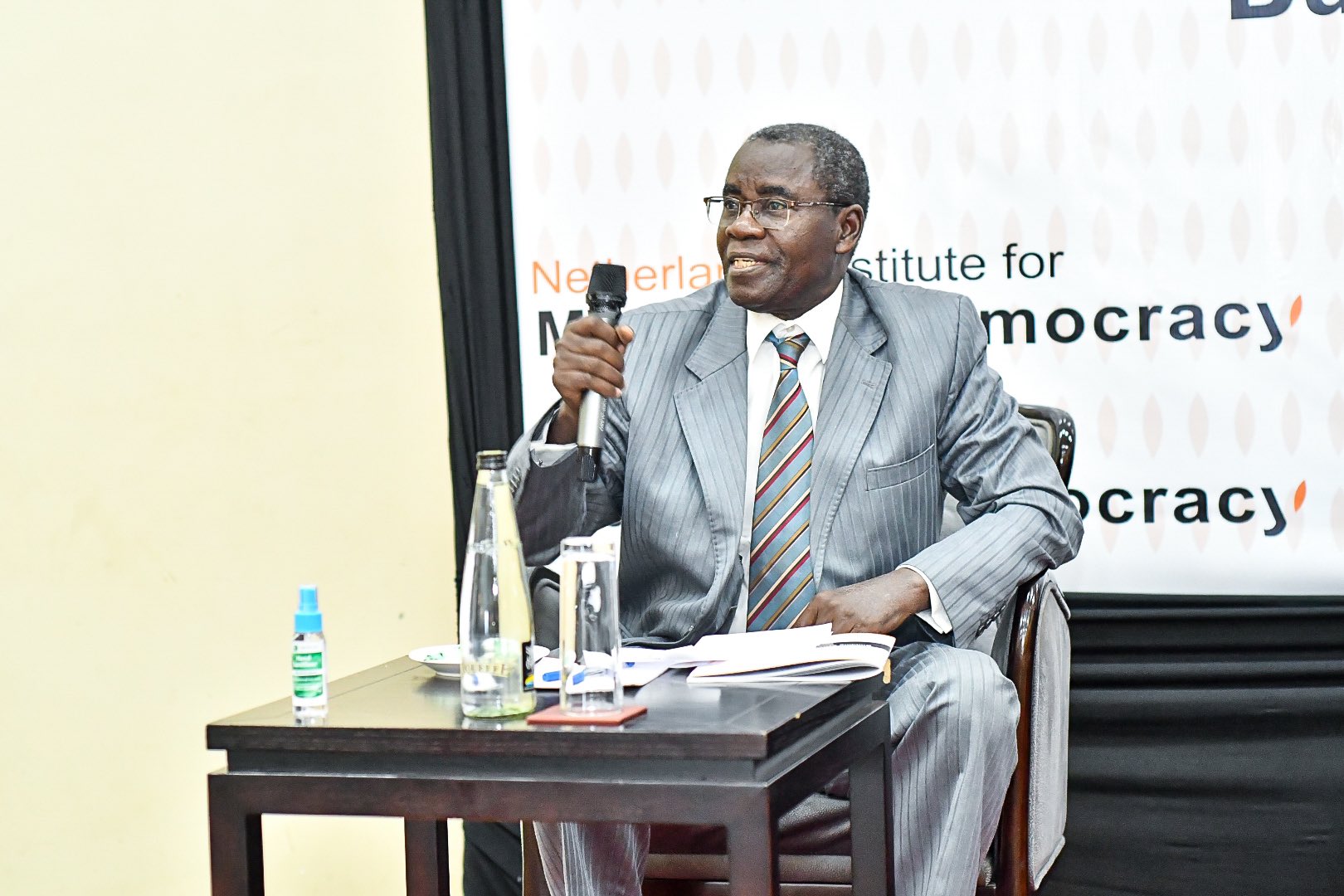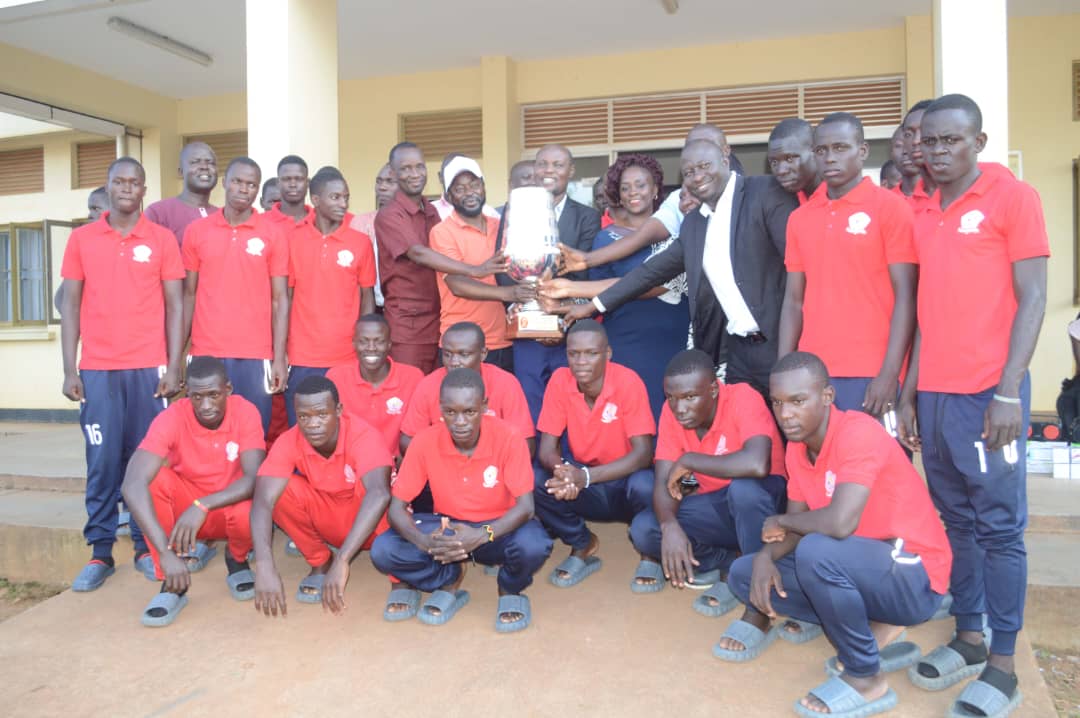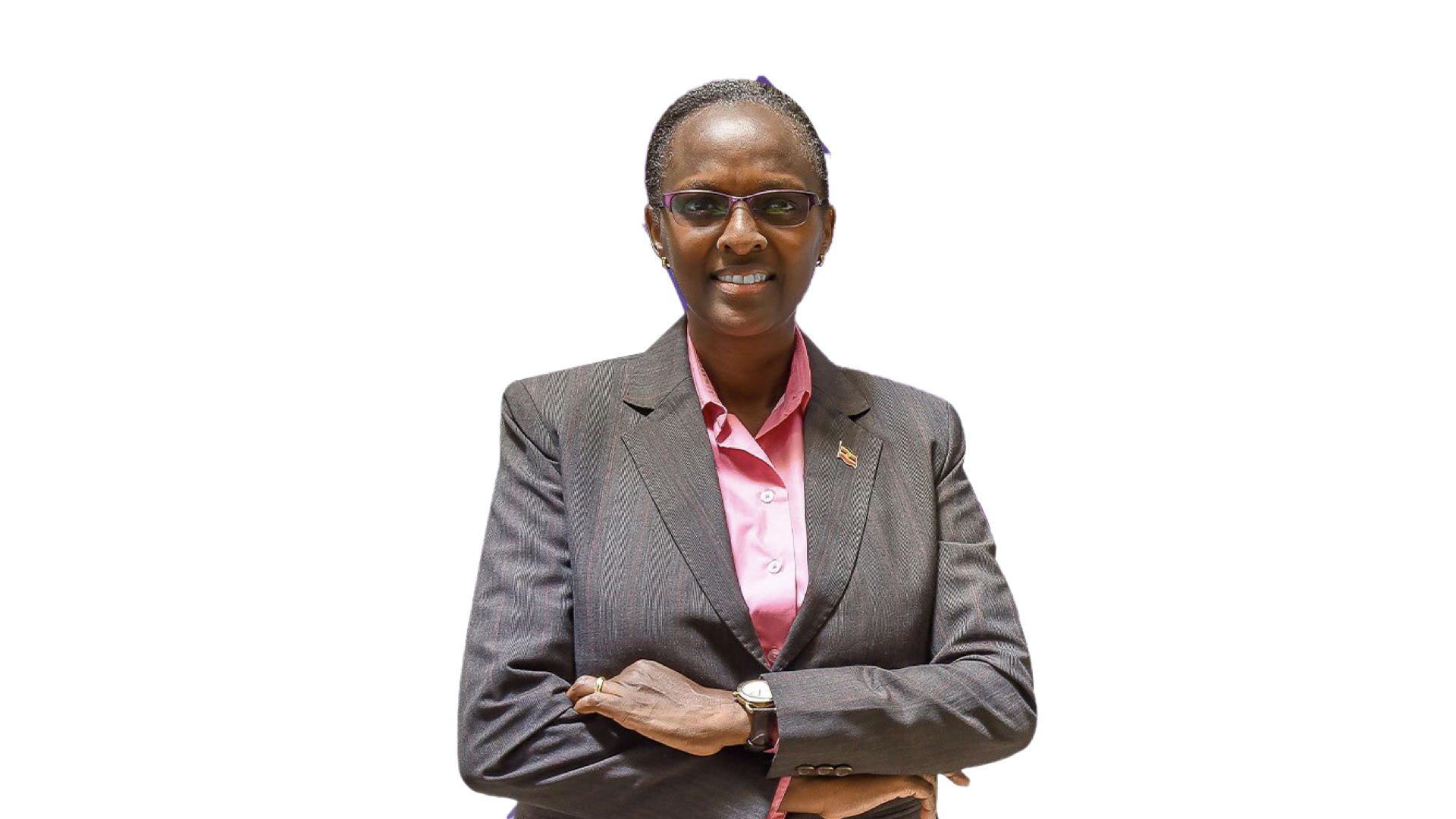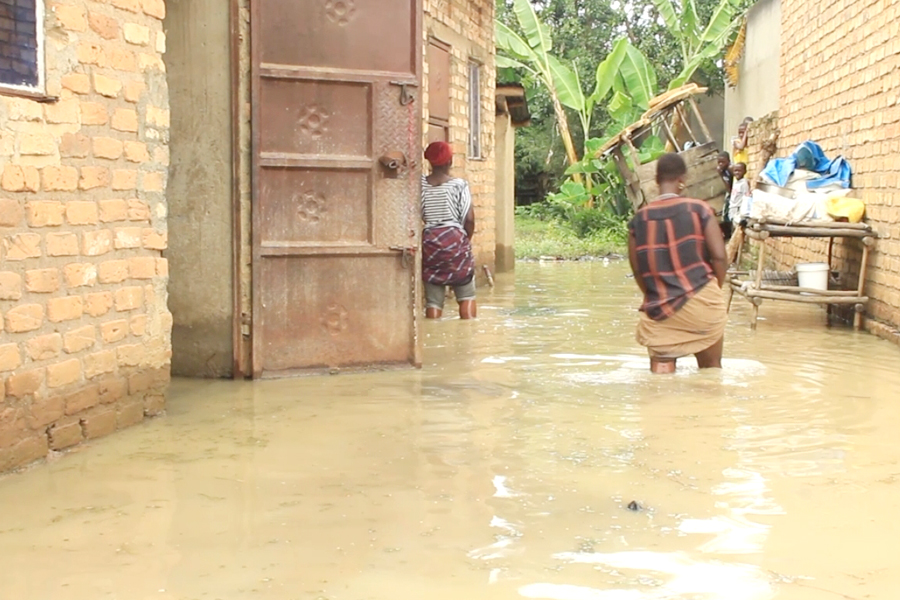Human Rights Commission says Covid relief cash distribution was discriminatory
The Uganda Human Rights Commission has said that whereas it was a good gesture, the idea of giving cash for vulnerable Ugandans was discriminatory.
Unlike the first lockdown, government this time round opted for relief aid in form of cash, worth shs100, 000 to each vulnerable household in which over 500,000 households in cities, municipalities and urban centres around the country were targeted.
Keep Reading
However, addressing journalists on behalf of the UHRC chairperson, Meddie Mulumba, a commissioner said many people were left out during the disbursement of the Covid relief cash.
“There are concerns regarding the criteria for selecting the beneficiaries. The commission notes that the use of individuals or households interchangeably to describe categories of beneficiaries has caused ambiguity,” Mulumba said.
He noted that if not clarified, there is a likelihood of some beneficiaries receiving the funds twice to the disadvantage of other vulnerable Ugandans.
“The commission is also concerned about the method of disbursement of the relief funds. Some vulnerable persons who don’t own a mobile phone or don’t have a National Identification Number(NIN) may miss out,” he said.
"Concerns have also been raised about beneficiaries whose NINs don't correspond with their mobile money account details and who will have to access the funds through Post Bank mobile vans. Besides, some of the vulnerable persons dont have the technical ability to use electronic gadgets and may be susceptible to fraudsters when they seek assistance on accessing their funds."
According to the Uganda Human Rights Commission, at the end of the exercise, the Office of the Prime Minister ought to conduct a holistic assessment of the intended beneficiaries to determine who clearly is vulnerable with a view of avoiding discrimination in the future.
Government identified several groups of people whom it said were depending on daily earning and whose lives were severely affected by the Covid-induced lockdown that saw the jobs closed.
The groups of beneficiaries that government listed included; baggage carriers, touts, wheelbarrow pushers, traffic guides and loaders in tax and bus parks, stages and other areas like Kikuubo.
Others were barmen, DJs, barmaids, waiters, waitresses and bouncers, gym and restaurant workers, food vendors in tax, bus parks and arcades, musicians, comedians, producers, promoters, salon and massage parlour employees, teachers and support staff in both government and private schools, car washers, slum dwellers, street vendors, shoe shiners, orphans and vulnerable children.
Each person was supposed to get shs100,000 to cater for the purchase of 20kg of posho at shs40,000, 10kg of beans for shs25000, a bar of soap at shs3000, a three-liter -jerrican of cooking oil for shs 12000 and the remaining shs20,000 to be used for other items at home.
However, whereas many of the beneficiaries had by last week received their relief cash, a number of them were yet to receive it.
Many of the intended beneficiaries said whereas their details had been submitted, they had not yet received the money.
Ministry of Gender officials attributed this to data that was not matching in their system.


